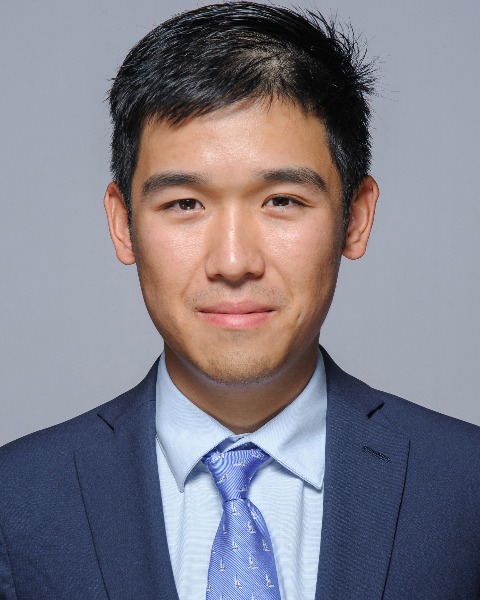Asthma Works in Progress
Session: Asthma Works in Progress
WIP 33 - Efficacy of Biologic Agents in Management of Pediatric Asthma
Monday, April 28, 2025
7:00am - 9:15am HST
Publication Number: WIP 33.7585
Andy P. Huang, University of Central Florida College of Medicine, Orlando, FL, United States; Mahima Silas, University of Central Florida College of Medicine, Lakeland, FL, United States; Floyd R. Livingston, Nemours Children's Hospital, Orlando, FL, United States; Christie Cherian, Nemours Children's Hospital, Orlando, FL, United States

Andy P. Huang, BS (he/him/his)
Medical Student
University of Central Florida College of Medicine
Orlando, Florida, United States
WIP Poster Presenter(s)
Background: Biologics are monoclonal antibodies that target a variety of mediators of allergic asthma, such as IgE, IL-4, IL-5, and TSLP. Control of severe asthma has always been a challenge, and the advent of biologic therapy (omalizumab, mepolizumab, dupilumab, benralizumab, and tezepelumab) has revolutionized the treatment of this category of asthma. The use of biologics for asthma has not been as well studied in children as they are in adults, and many indications for biologic use in pediatrics are extrapolated from data conducted with adults. Further studies are needed to better understand the efficacy of biologics in children, how different agents differ, and how responses differ in groups with different baseline characteristics. This information will help provide guidance on which agents are preferred in different scenarios.
Objective: This study aims to evaluate the efficacy of different asthma biologic agents versus non-biologic agent asthma therapy in improving respiratory function and reducing morbidity in children and adolescents within a large multi-site pediatric health system in the United States. We also aim to compare the efficacy of different biologic agents, and the efficacy of different agents when used in populations with different baseline characteristics.
Design/Methods: IRB approval was obtained from the Nemours Children's Health IRB for a retrospective chart review study. Patients with a diagnosis of asthma initiated on a biologic between 2019 and 2023 will be identified. Baseline characteristics for each subject in the year prior to biologic initiation will be assessed (asthma severity, number of steroid courses, emergency room visits, hospitalizations, pulmonary function, IgE count, and eosinophil count). These factors will also be assessed for the year following initiation for evaluation of outcomes. Outcomes pre and post-biologic initiation will be compared using dependent sample t-testing, conducted with IBM SPSS.

